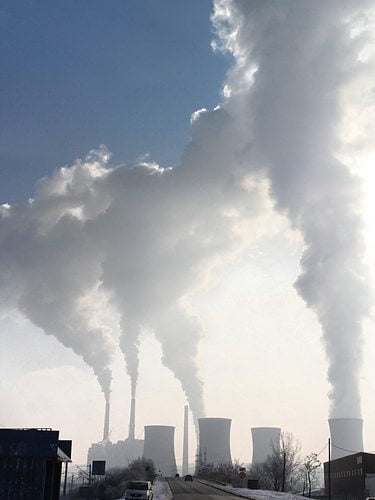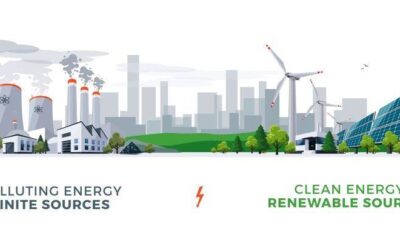

Invest
Netherlands to end funding for overseas coal plants in boost for fossil fuel divestment campaign
The Netherlands has vowed to stop financing new coal projects overseas, in an announcement that has been hailed as another positive sign for the fossil fuel divestment movement.
In a joint statement published on Monday, the Netherlands and the US affirmed their belief in the importance of low-carbon investment.
“To this end, the Netherlands is joining the United States, the United Kingdom, and others in agreeing to end support for public financing of new coal-fired power plants abroad except in rare circumstances,” the statement says.
Speaking at a press conference, Dutch prime minister Mark Rutte said, “We want to achieve an international level playing field, to ensure that private and public parties invest in green growth wherever possible.”
US president Barack Obama added, “It’s concrete action like this that can keep making progress on reducing emissions while we develop new global agreements on climate change.”
The US announced that it would no longer finance overseas coal-fired power plants as part of Obama’s plan to tackle climate change in June last year.
In November, the UK followed suit. At the time, energy and climate change minister Ed Davey said it was “completely illogical” to decarbonise our own economy and power sector whilst financing the industry in other countries.
The World Bank has also pledged to limit support for coal-fired power plants, supporting them only when they are “meeting basic energy needs in countries with no feasible alternatives.”
Commenting on the Netherlands’ announcement, Tim Ratcliffe, European divestment campaigner at the environmental group 350.org said, “This is another sign that the coal industry is on its last legs.”
“There’s a growing consensus that coal has no place in a carbon constrained world. Coal isn’t just bad news for the climate, it’s increasingly bad news for any financial portfolio. Institutional investors should read the writing on the wall and divest,” he added.
The fossil fuel divestment movement has called on investors to ditch their shares in companies that extract or burn fossil fuels.
Supporters of the campaign say this is necessary partly because of the massive contribution such companies make to climate change.
However, campaigners argue that there is an equally convincing financial case. They warn that big investments in fossil fuels risk creating a “carbon bubble”, one that contradicts carbon reduction targets and regulations around the world.
There is a danger for investors that fossil fuel stocks will become ‘stranded assets’, as according to research, the majority of reserves will have to stay in the ground to prevent runaway global warming.
Many institutions, including international universities and churches have recently considered the moral and financial cases for avoiding exposure to fossil fuel stocks.
350.org have now called on the Dutch pension fund ABP, one of the largest pension funds in the world, to divest.
Liset Meddens, coordinator of the Fossil Free NL campaign, said, “ABP is entrusted with our money to secure our future, not to finance an industry whose business model is based on wrecking our future.
“ABP needs to recognise the financial and environmental risks of fossil fuel assets and start phasing out their investments in this dirty industry.”
Further reading:
‘Carbon bubble’ risk reinforces the case for fossil fuel divestment
World Bank announces plans to phase out investment in coal
Fossil fuels and carbon intensive operations top concerns for investors
UK to end public financing for coal power plants overseas
Obama sends strong climate change message to global counterparts in speech


 Environment12 months ago
Environment12 months agoAre Polymer Banknotes: an Eco-Friendly Trend or a Groundswell?

 Features11 months ago
Features11 months agoEco-Friendly Cryptocurrencies: Sustainable Investment Choices

 Features12 months ago
Features12 months agoEco-Friendly Crypto Traders Must Find the Right Exchange

 Energy11 months ago
Energy11 months agoThe Growing Role of Solar Panels in Ireland’s Energy Future




























